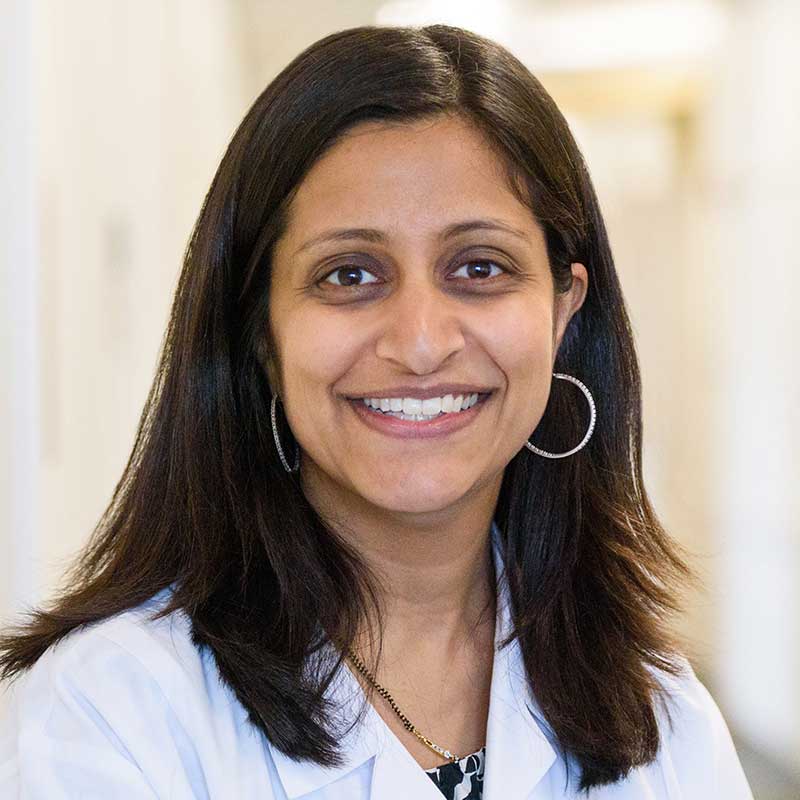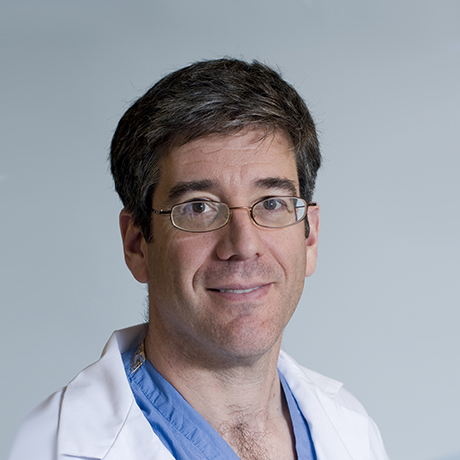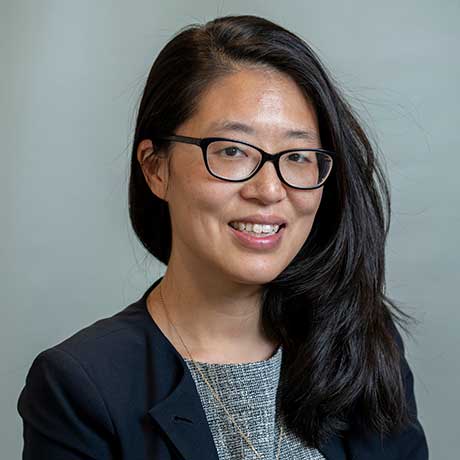-
- Find Care
-
- Visitor Information
- Find a Location
- Shuttles
- Visitor Policies
-
-
-
- Our Virtual Care Options
- Virtual Urgent Care
- Virtual Visits for Primary & Specialty Care
- Online Second Opinions
- Participate in Research
-
- Contact us
-
- For Innovators
- Commercialization Guide for Innovators
-
-
- Research News
- Alzheimer's Disease
- Artificial Intelligence
-
- Overview
-
- Overview
- Getting Started
- New to Mass General Brigham
- International Patient Services
- What Is Patient Gateway?
- Planning Your Visit
- Find a Doctor (opens link in new tab)
- Appointments
- Patient Resources
- Health & Wellness
- Flu, COVID-19, & RSV
- Billing & Insurance
- Financial Assistance
- Medicare and MassHealth ACOs
- Participate in Research
- Educational Resources
- Visitor Information
- Find a Location
- Shuttles
- Visitor Policies
- Find Care
-
- Overview
- Our Virtual Care Options
- Virtual Urgent Care
- Virtual Visits for Primary & Specialty Care
- Online Second Opinions
-
- Overview
- Participate in Research
-
- Overview
- About Innovation
- About
- Team
- News
- For Industry
- Venture Capital and Investments
- World Medical Innovation Forum (opens link in new tab)
- Featured Licensing Opportunities
- For Innovators
- Commercialization Guide for Innovators
- Contact us
-
- Overview
- Information for Researchers
- Compliance Office
- Research Cores
- Clinical Trials
- Advisory Services
- Featured Research
- Two Centuries of Breakthroughs
- Advances in Motion (opens link in new tab)
- Brigham on a Mission (opens link in new tab)
- Gene and Cell Therapy Institute
- Research News
- Alzheimer's Disease
- Artificial Intelligence
-
- Overview
-
- Overview
- Residency & fellowship programs
- Brigham and Women's Hospital
- Massachusetts General Hospital
- Mass Eye and Ear
- Newton-Wellesley Hospital
- Salem Hospital
- Integrated Mass General Brigham Programs
- Centers of Expertise
- Global & Community Health
- Health Policy & Management
- Healthcare Quality & Patient Safey
- Medical Education
- For trainees
- Prospective trainees
- Incoming trainees
- Current trainees
- Continuing Professional Development
A Life Saved by Early Detection: Julianne's Journey With Colon Cancer
 Julianne with her son, Ayden.
Julianne with her son, Ayden.
Julianne Gaughan felt perfectly fine when she saw her primary care doctor for a routine checkup. In fact, she almost left without mentioning one seemingly small thing: She had noticed a little blood in her stool.
Fortunately, Julianne decided to mention it near the end of her visit. Her doctor recommended a colonoscopy, just to be safe. The test found colon cancer. Later, surgery to remove the tumor showed it had likely been growing undetected for about two years.
"Early screening saved my life," Julianne said. "I was only 46 at the time. If I'd waited until I was 50 [which was the standard then], the tumor might have grown through the colon wall. As my surgeon said, that would not have been good."
A stage 1 cancer diagnosis
Julianne hesitated about having the colonoscopy. She felt healthy and had heard the preparation could be unpleasant. So, as the appointment got closer, she canceled it.
But something made Julianne reconsider, and she rescheduled the appointment. The test showed she had a cancerous growth in her colon, and an MRI scan determined it was stage 1 cancer.
"The goal with screening is to identify precancerous lesions and cancers at the earliest possible stage," explained Julianne's gastrointestinal oncologist, Aparna Parikh, MD. "We know that the earlier you catch colon cancer, the more likely you are to have better outcomes. And in this case, we clearly caught it at a curative stage."
Dr. Parikh partnered closely with colorectal surgeon David Berger, MD, and others at Mass General Cancer Center to determine the best treatment plan for Julianne. She underwent surgery to remove the tumor, followed by eight rounds of chemotherapy and four weeks of combined chemotherapy and radiation therapy (chemoradiation).
Surgery reveals cancer in lymph node
During the surgery, Dr. Berger discovered the cancer had spread to one lymph node outside of Julianne's colon. He removed about half of the colon, along with nearby tissue and lymph nodes.
This finding changed Julianne's diagnosis from stage 1 to stage 3 colon cancer. Though this didn't alter her treatment plan, it was difficult news for Julianne to process after surgery.
"I was a single parent with a 10-year-old son at home," she said. "You just have to put on your coat of armor and get ready for battle. And that's what I did. I trusted my doctors, and I was going to do whatever they asked."
Her first task was to heal from the surgery and prepare her body for chemotherapy. She saw a nutritionist outside of Mass General Brigham for guidance on eating well to support her recovery. But it was a difficult stretch for her with a great deal of pain and fatigue.
Navigating an emotional loss
Entering the final phase of treatment
An advocate for early screening
Following the completion of chemoradiation, Julianne's imaging scans and blood work showed no signs of cancer. Over the next five years, further tests confirmed she was cancer-free. At the five-year mark, she reached remission. She will continue to check in with Drs. Parikh and Wo once a year until the 10-year mark.
Julianne's body has slowly adjusted to having only half of a colon. As before the surgery, she eats well (all-organic diet, no red meat) and maintains an active fitness routine. She also advocates for colon cancer screening, especially for younger people. "They need to do it, because their lives may depend on it," she said.
In retrospect, Julianne had been a good candidate for early cancer screening all along. Her grandmother had had colon cancer, and other family members had had colon polyps (small growths that can develop into colon cancer over time). As Dr. Parikh noted, even a family history of polyps without a cancer diagnosis increases one's risk of colon cancer.
Dr. Parikh stressed that colonoscopy is the gold standard for colon cancer screening. However, she added that there are still other reliable and less invasive ways to get screened and encouraged patients to discuss alternative options with their gastroenterologist.
Reflecting on her journey, Julianne expressed gratitude for her return to good health—and for her care team who helped make it possible.

Contributor

Contributor



